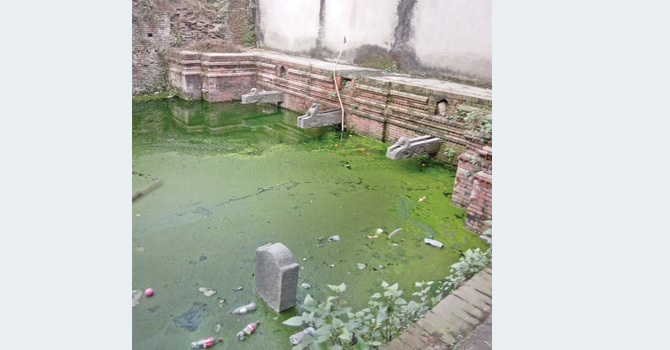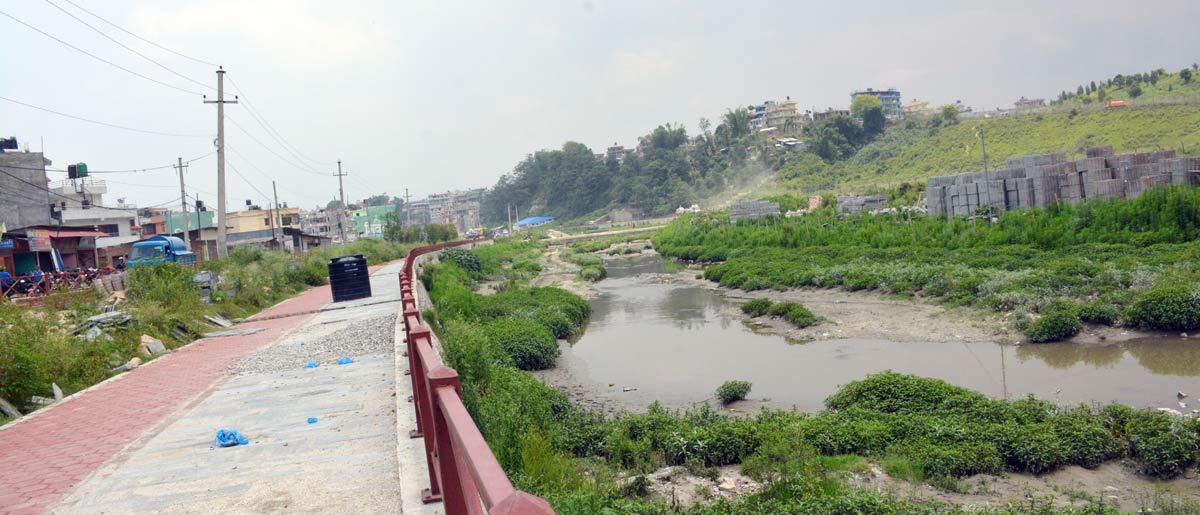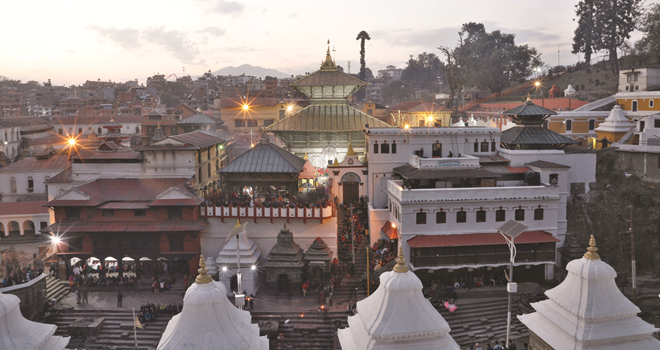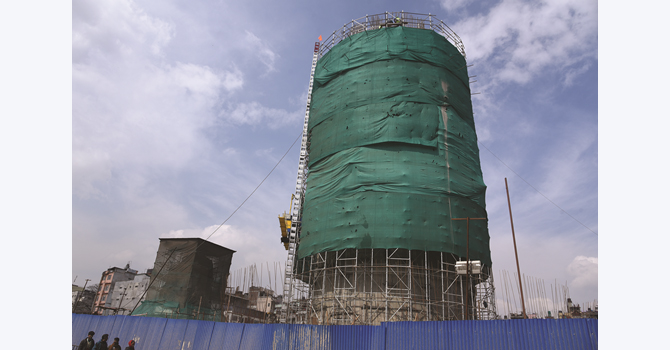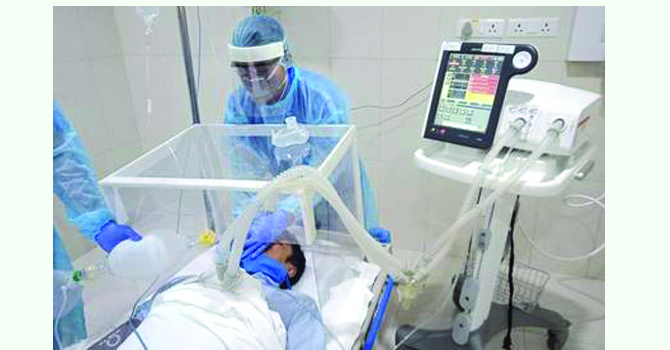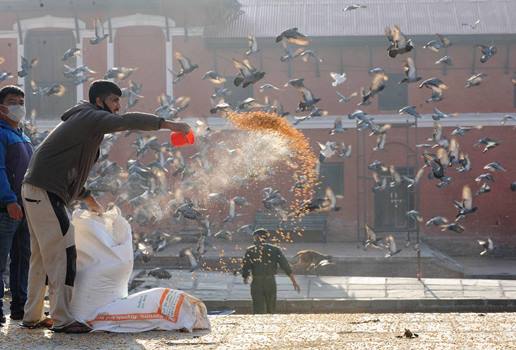Despite ban, asbestos being sold

By Binu Shrestha
Kathmandu, June 20: The burden of Non-communicable Disease (NCD) is rising globally, especially in developing countries including Nepal.
Cardiovascular disease, cancer, diabetes and chronic respiratory diseases have shot up in recent years, and cancer has now become the fifth leading cause of death in the country.
Of all the cancer-causing carcinogenic, asbestos is one of the major occupational carcinogenic that is responsible for about half the deaths from Occupational Cancer.
Some asbestos containing frictional materials are being imported and used mostly in vehicles despite the increasing availability of asbestos-free break shoes and clutch plates as well as the automobile sectors shifting to hydraulic brakes.
Ministry of Science, Technology and Environment has banned the import, sale, distribution as well as use of all asbestos and asbestos-containing products including corrugated, non-corrugated sheets, tiles, insulators, asbestos lining of automobile’s brake shoe and clutch plate under the Environment Protection Act 1997 (section 7 and sub-section 3).
Since the ban went into effect on June 20 of 2015, Centre for Public Health and Environmental Development (CEPHED) has been engaged in both compliance monitoring of the ban as well as preparing, producing and disseminating IEC materials (guidelines, fact sheet, brochure and posters, radio programmes).
“We have tried to reach out to the people using the material for roofing and make them aware of how they can better handle the asbestos and asbestos-containing waste so as to prevent their exposure to such materials,” said Ram Charitra Sah, CEPHED executive director.
Sah said that most of the mechanics were not aware of the ban and that an overwhelming majority of them had neither knowledge about the hazards of the material nor about the precautionary measures to be taken while handling it.
The recent survey of CEPHED, conducted in various parts of the nation including large cities like Kathmandu, Lalitpur, Bhaktpur, Pokhara, Bhairahwa, Dang, Tulsipur, Nepalgunj, Surkhet, Dhagadhi, Butwal, Janakpur, Siraha, Biratnagar, Itahari, Dharan, Dhankutta and Ilam, shows that none of the mechanics had taken any training about asbestos and the associated hazards.
Only 20 per cent mechanics had shared their health concerns related to asbestos exposure. But a vast majority of them did not have any health issues, and they were not aware of the risks involved when using it.
The frictional products -- both with and without asbestos -- are being imported into Nepal from countries like China, India, Germany, Indonesia, Japan, Korea, Thailand, Italy, France, and Turkey. Even the Department of Customs, one of the government bodies, has been importing frictional materials containing asbestos in Nepal from India and China violating the ban, Sah said.
Sah added that most of the legislation and control activities regarding asbestos exposure of brake mechanics and other occupational groups started in the 1970s. But Nepal has not adopted any such exposure limit yet.
The recent research shows that brake mechanics are exposed to high asbestos concentrations in the country. Total ban of the material is only possible when its substitutes are readily available. Nonetheless, Nepal should ban the material outright, he said.
Recent News

Do not make expressions casting dout on election: EC
14 Apr, 2022
CM Bhatta says may New Year 2079 BS inspire positive thinking
14 Apr, 2022
Three new cases, 44 recoveries in 24 hours
14 Apr, 2022
689 climbers of 84 teams so far acquire permits for climbing various peaks this spring season
14 Apr, 2022
How the rising cost of living crisis is impacting Nepal
14 Apr, 2022
US military confirms an interstellar meteor collided with Earth
14 Apr, 2022
Valneva Covid vaccine approved for use in UK
14 Apr, 2022
Chair Prachanda highlights need of unity among Maoist, Communist forces
14 Apr, 2022
Ranbir Kapoor and Alia Bhatt: Bollywood toasts star couple on wedding
14 Apr, 2022
President Bhandari confers decorations (Photo Feature)
14 Apr, 2022


